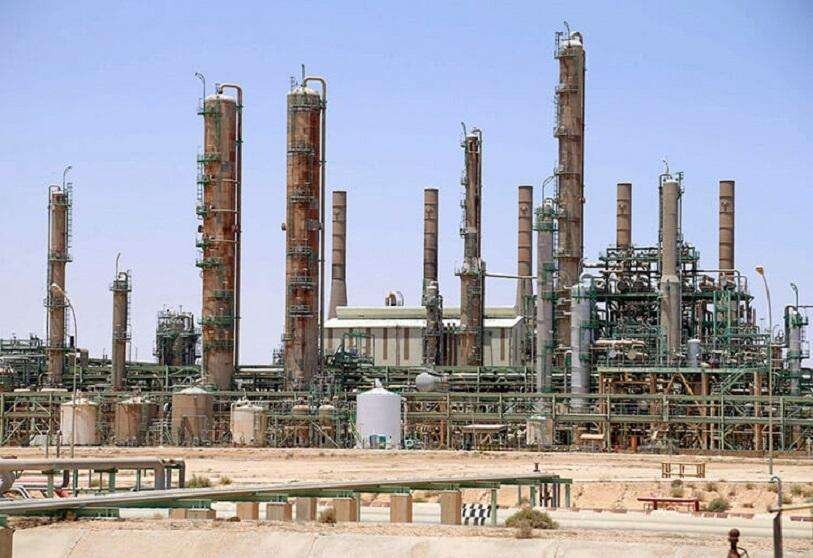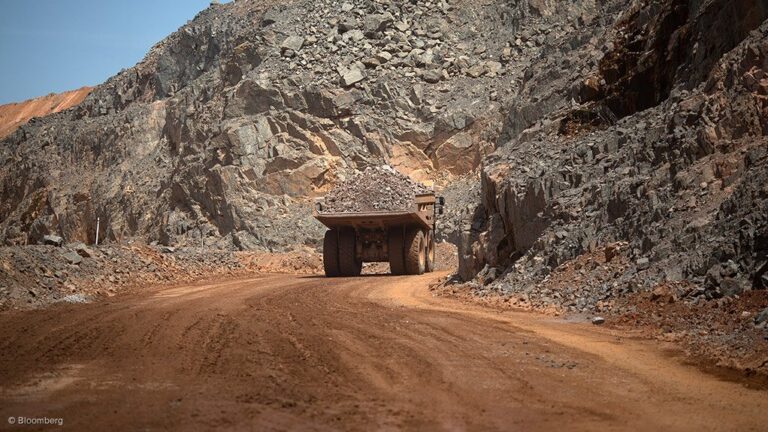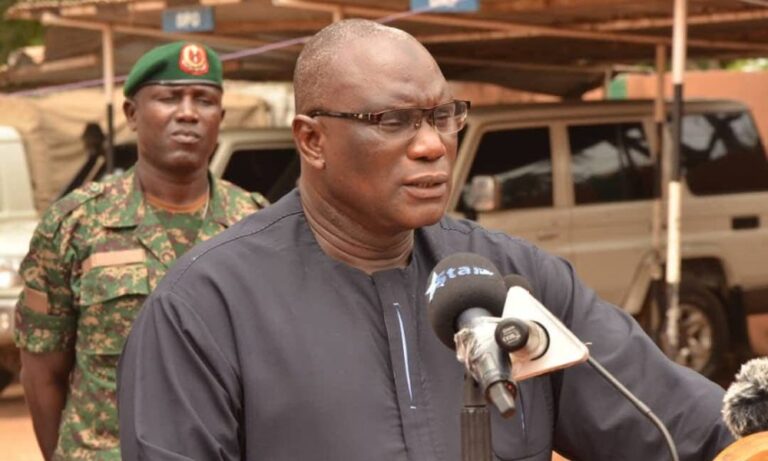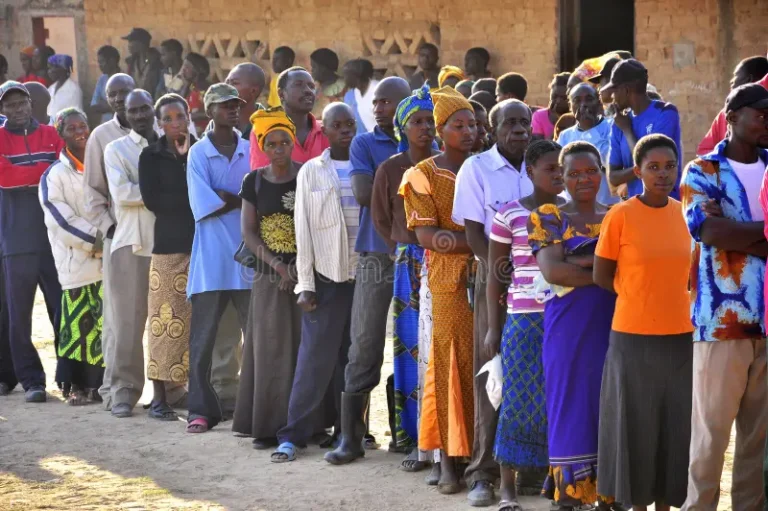Libya targets 4 billion cubic feet of daily gas production to meet growing demand

Libya has announced plans to significantly boost its natural gas production to 4 billion cubic feet per day within the next three to five years, up from the current 2.5 billion cubic feet.
This ambitious move is part of the country’s broader strategy to diversify its energy resources and enhance gas exports to Europe and neighboring countries.
Speaking at an energy forum in Istanbul, Khalifa Abdel-Sadiq, Libya’s Minister of Oil and Gas under the outgoing Dabaiba government, emphasized a strategic shift toward natural gas.
“In the past, we focused primarily on oil,” Abdel-Sadiq noted. “Now, our new strategy prioritizes natural gas to ensure secure supplies for Europe and regional neighbors.”
Untapped Potential and Challenges
Libya holds approximately 1,505 billion cubic meters of proven natural gas reserves.
However, the country faces ongoing challenges, particularly in fully utilizing the Green Stream pipeline, which transports gas to Italy.
The pipeline currently operates at only 25% of its capacity, a concern Abdel-Sadiq underscored: “What keeps me awake at night is thinking about how to fill this pipeline to meet Europe’s urgent gas needs.”
Since 2011, political instability and infrastructure limitations have hindered Libya’s ability to capitalize on its energy resources.
The government has now set its sights on reducing domestic gas flaring to near zero, leveraging advanced recycling and liquefaction technologies.
This approach aims to free up more gas for local consumption while increasing export volumes.
Strengthening Partnerships
Libya has also bolstered cooperation with Turkey in gas exploration and resource development.
Turkish Energy Minister Alp Arslan Bayraktar affirmed his country’s commitment to supporting Libya in tapping its offshore gas reserves.
“Turkey is eager to help Libya enhance its gas exports and maximize its potential, including through pipelines reaching Europe,” Bayraktar stated.
As global demand for natural gas continues to surge, Libya’s renewed focus on energy diversification and export readiness positions it as a critical player in addressing Europe’s energy needs while bolstering its own economic prospects.
About The Author
dailymailafric
I am an avid African news observer, and an active member of Daily Mail Africa.
I’m Passionate about staying informed on diverse topics across the continent,
I actively contribute to publishing on political, economic and cultural developments in Africa.



